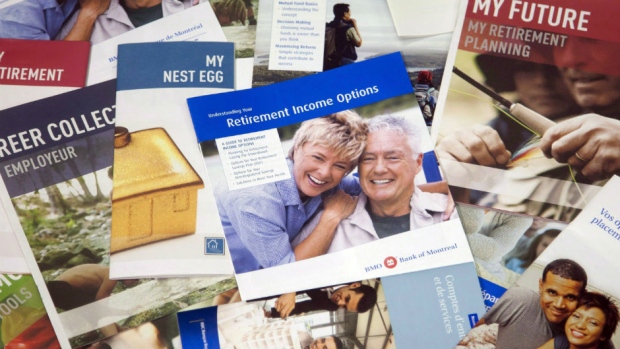Feb 9, 2017
Pattie Lovett-Reid: Don't borrow against your future

The countdown is on to the March 1 RRSP contribution deadline, and according to Mackenzie Investments, 38 per cent of Canadians expressed positive feelings heading towards it.
After connecting with Carol Bezaire, vice president of tax, estate and strategic philanthropy at Mackenzie Investments, I feel there is a desire to see a lot more people get excited about the importance of saving. Saving for the future is one of the most important aspects of financial planning. Unfortunately, many Canadians put this last on their to-do list and at some point in the future are scrambling to pay off debt or make ends meet in the event of job loss or retirement. An RRSP is one of the easiest ways to save. The tax deduction and the tax-deferred saving should always be considered as part of any financial strategy. Less money to the government leaves more money in Canadians pockets.
Coincidently, 38 per cent of Canadians will dip into their RRSPs early, according to a recent BMO poll. In fact, four out of 10 admit to have withdrawn money out and almost one fifth say they don't intend on replacing it. Of those who took money out, 30 per cent participated in the Home Buyers Plan, close to 20 per cent did so to pay living expenses and 18 per cent used the funds to pay down debt. And the amounts being taken out are hefty - on average $17,213, up by more than $1,300 in the past year. And to make matters worse, if you did take this amount out of your plan, there was a corresponding tax bill associated with it of just over $5,100.
Withdrawing from an RRSP can cause unexpected tax issues, unless you are withdrawing under the Homebuyer's Plan or the Lifelong Learning Program. You may need to withdraw more than you need as a percentage of the withdrawal will be withheld for tax. Then when you do your income tax returns you will have to take the full amount of the withdrawal into income and pay tax on it - and this is the part that many Canadians forget. Without planning, there could be a surprise tax bill in April, according to Bezaire.
If you are savvy enough to contributed to your RRSP, let time and compounding work for you and to the greatest extent possible leave the money in the plan. Even borrowing by way of the Home Buyers Plan you are giving up tax deferred income that could be generated and in essence are borrowing against your future.







